As the nurse introduced him to the other children, this skinny boy stared hard at the floor, tears streaming down his cheeks. He was being admitted to the multi-drug resistant TB unit at King Dinizulu Hospital. A long way from home or anything familiar, the other more experienced children quickly came to his aid. “Come and sit with us. Join us colouring. Here, sniff this sticker – it smells like fruit.”
I witnessed this ‘lump-in-my-throat’ interaction when I visited our early childhood development programme – Ekhaya Lihle last week. It is based in the multi—drug resistant TB unit. This unit is the only one in KwaZulu Natal so children are admitted here from all over the province. The average length of admission is 4 months and treatment consists of numerous pills and syrups.
Before COVID-19, family members were allowed to visit but some children don’t see a family member for their entire stay because of distance and cost of travel. Of course now, no visitors are allowed.
There is a department of education school on the premises of the hospital but it has also been closed during the lock down.
Ekhaya Lihle which was started for the pre-schoolers, is now a life line to all the children in the ward. Sandra Langa, our teacher, puts a great deal of enthusiasm and energy into providing educational activities to these precious souls. The healthcare team in the unit, together with Sandra become their family during this time. And to each other they become siblings.
Just before I left, one of the younger babies started to cry and was rapidly comforted by another child. I managed to catch them in this photo.
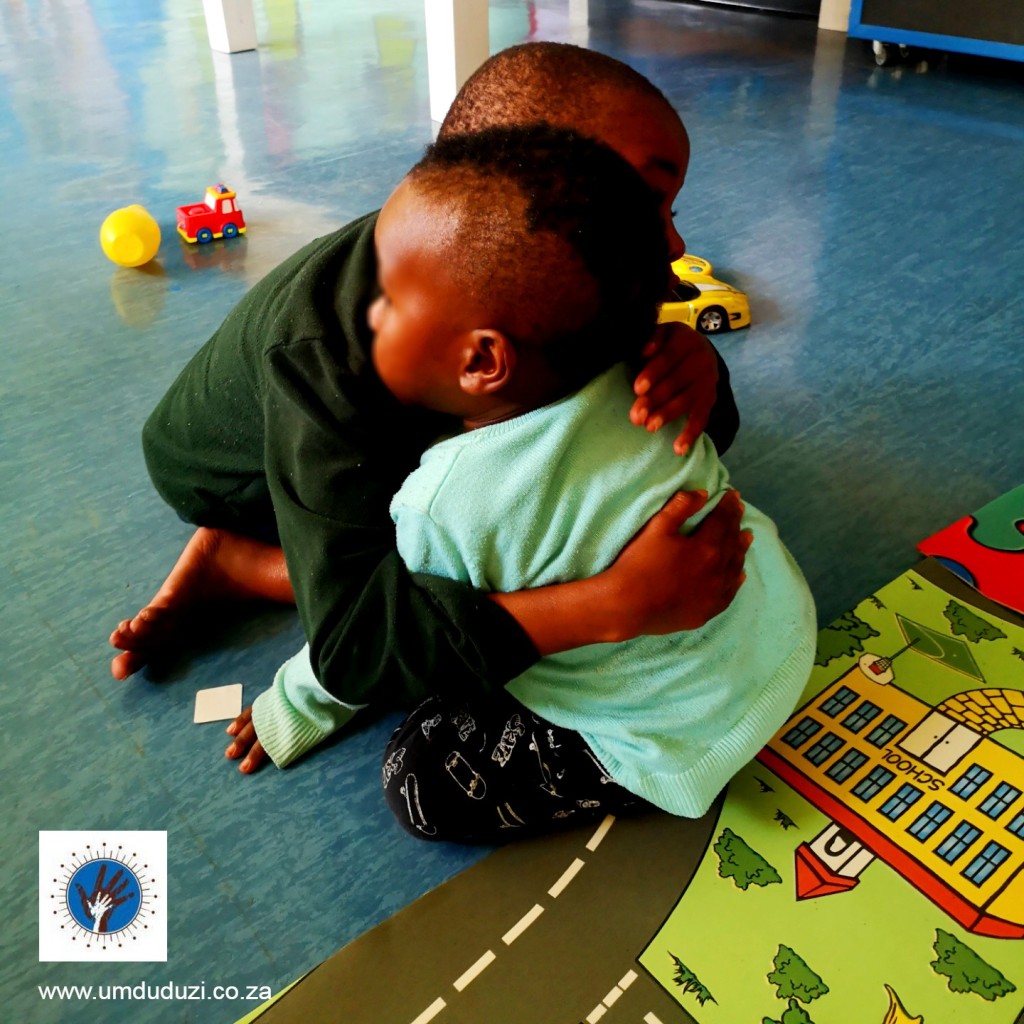
We are often asked; how do you do your job? My standard joke response, is that I drink wine! Well thanks to Cyril and COVID – not so much anymore.
But in all seriousness, we can do our job because we are making a tangible difference in the lives of the children and families we work with.
Help us to continue our work by clicking this link.


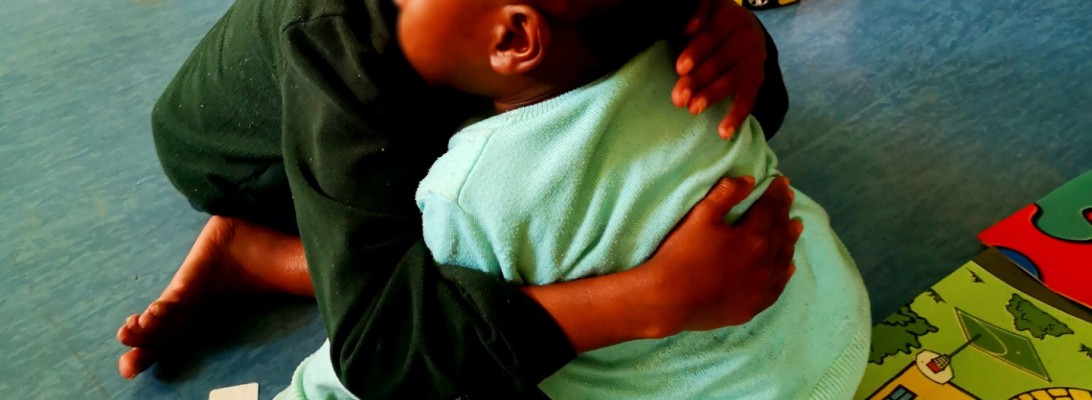
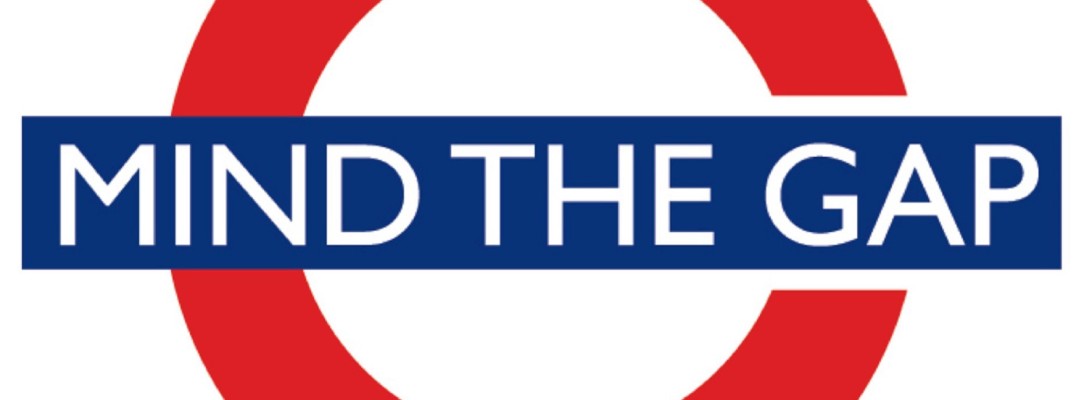
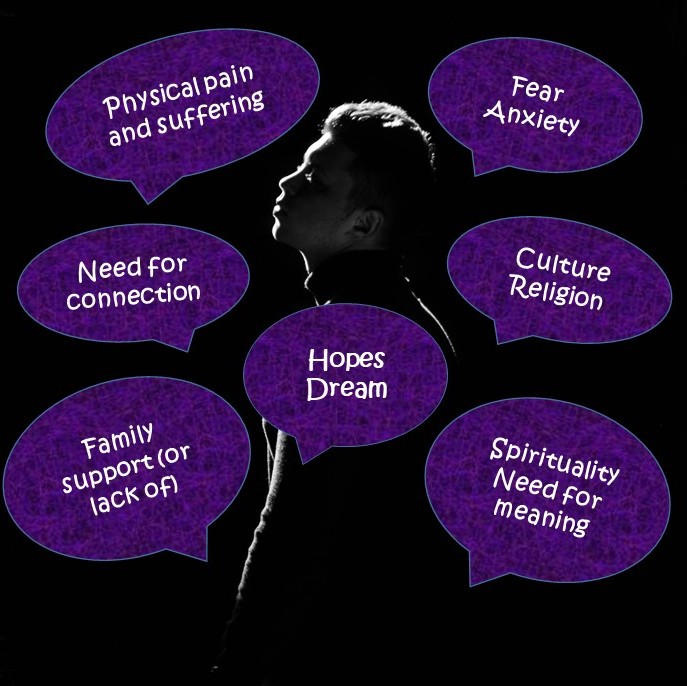
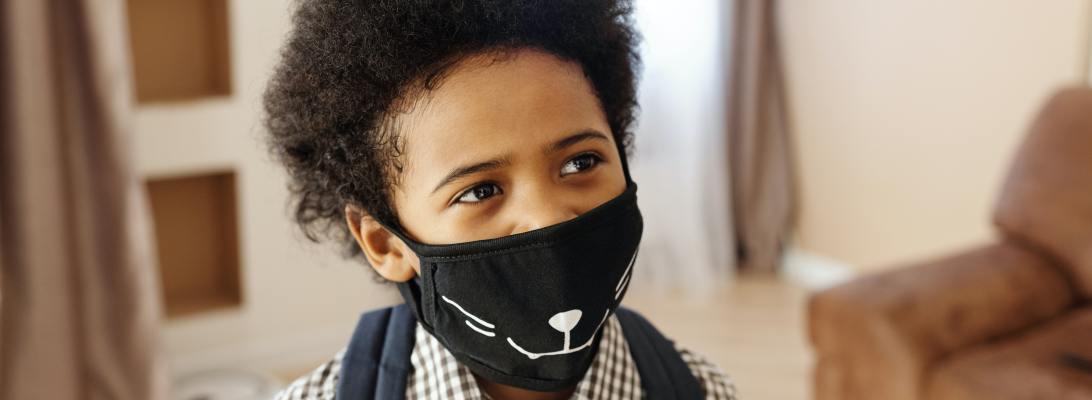
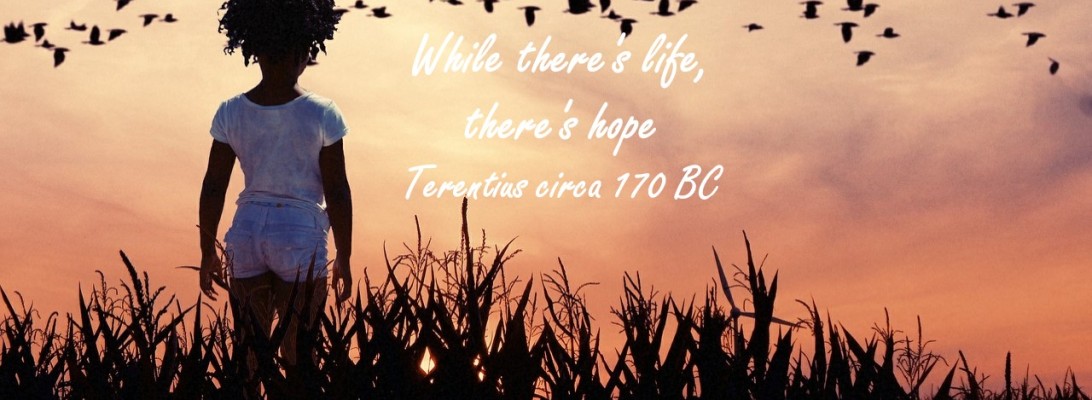
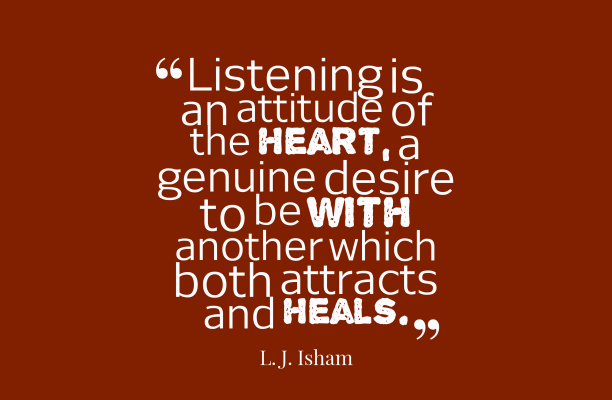

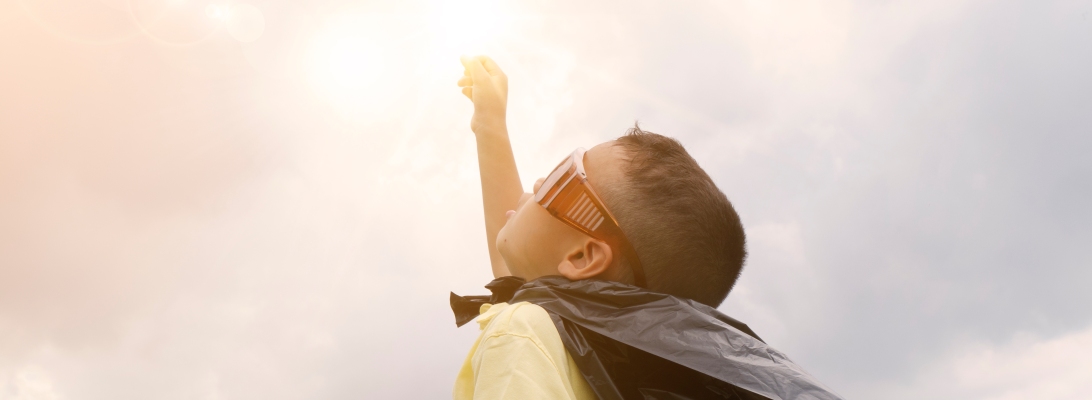
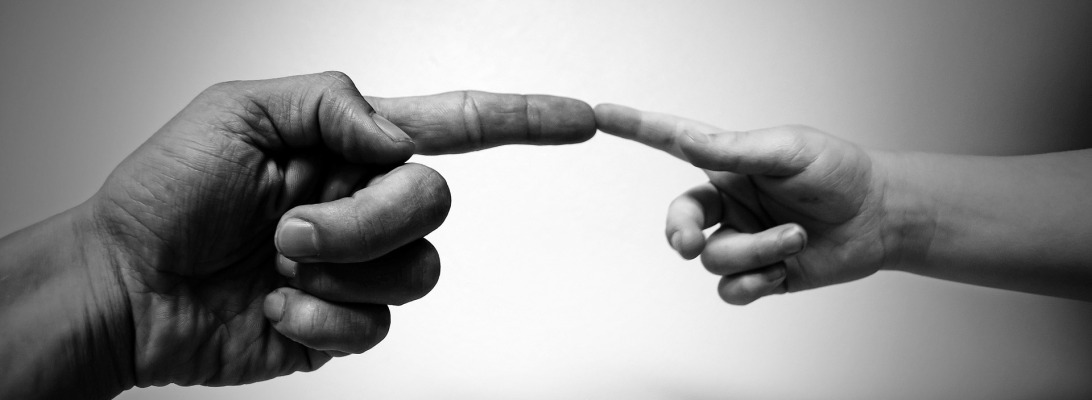
![IMG-20151218-WA0004[1]](https://umduduzidoc.files.wordpress.com/2015/12/img-20151218-wa00041.jpg) Last night I had the privilege of being counted as a good friend.
Last night I had the privilege of being counted as a good friend.